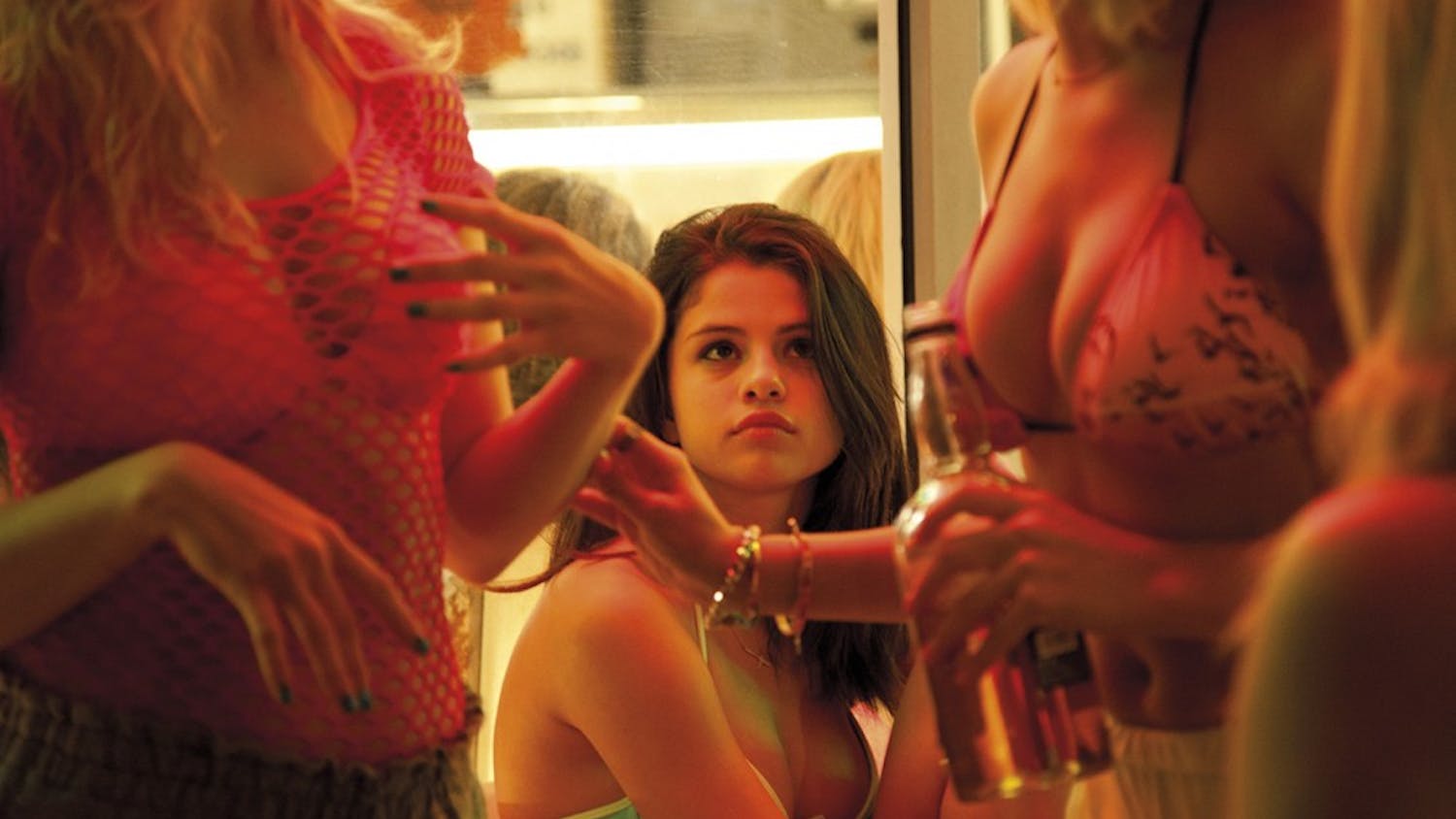Although “Let It Be” would be The Beatles’ last released studio album
in 1970, the last actual recordings they did as a band were in 1969 for
the “Abbey Road” sessions.
Frustrated with the “Get Back” session, which would later be turned
into “Let It Be,” the estranged group members reunited one last time,
determined to finish off their career as the most successful band in
history on a high note.
What followed was arguably their greatest achievement and, for the most
part, a return to the stripped-down, rock ‘n’ roll/pop style they had
basically created six years prior.
Generally free of any lavish productions, studio embellishments or tape
loops, “Abbey Road” features four band members who had parted ways
socially and creatively, coming together – no pun intended, seriously –
and playing harmoniously.
Because of word restrictions, I only have the space to focus solely on
the most important part of the album: the medley. Commonly considered
the greatest 16 minutes of rock ‘n’ roll, this conclusion would be epic
to any album, much less a career.
It begins with the greatest three-part harmony in the history of rock
‘n’ roll. “Because” may be the Beatles’ slowest song ever recorded, but
it is without a doubt one of their most entrancing. Soon after, we are
again treated to another beautiful three-part harmony with “Sun King.”
The combination of Lennon’s “Mean Mr. Mustard” and “Polythene Pam” are
welcome, upbeat songs that spill perfectly into the fun. “She Came in
Through the Bathroom Window” continues the pace.
The last five minutes are nothing less than a perfect, epic ending to
an astonishing career. It features not only Ringo’s only drum solo
ever recorded and the greatest three-part guitar solo ever put on tape,
but the most perfect last line: “And in the end, the love you take is
equal to the love you make.”
To quote Chris Farley in his famous “Saturday Night Live” sketch, “That was awesome.”
An Epic Stroll

Get stories like this in your inbox
Subscribe





